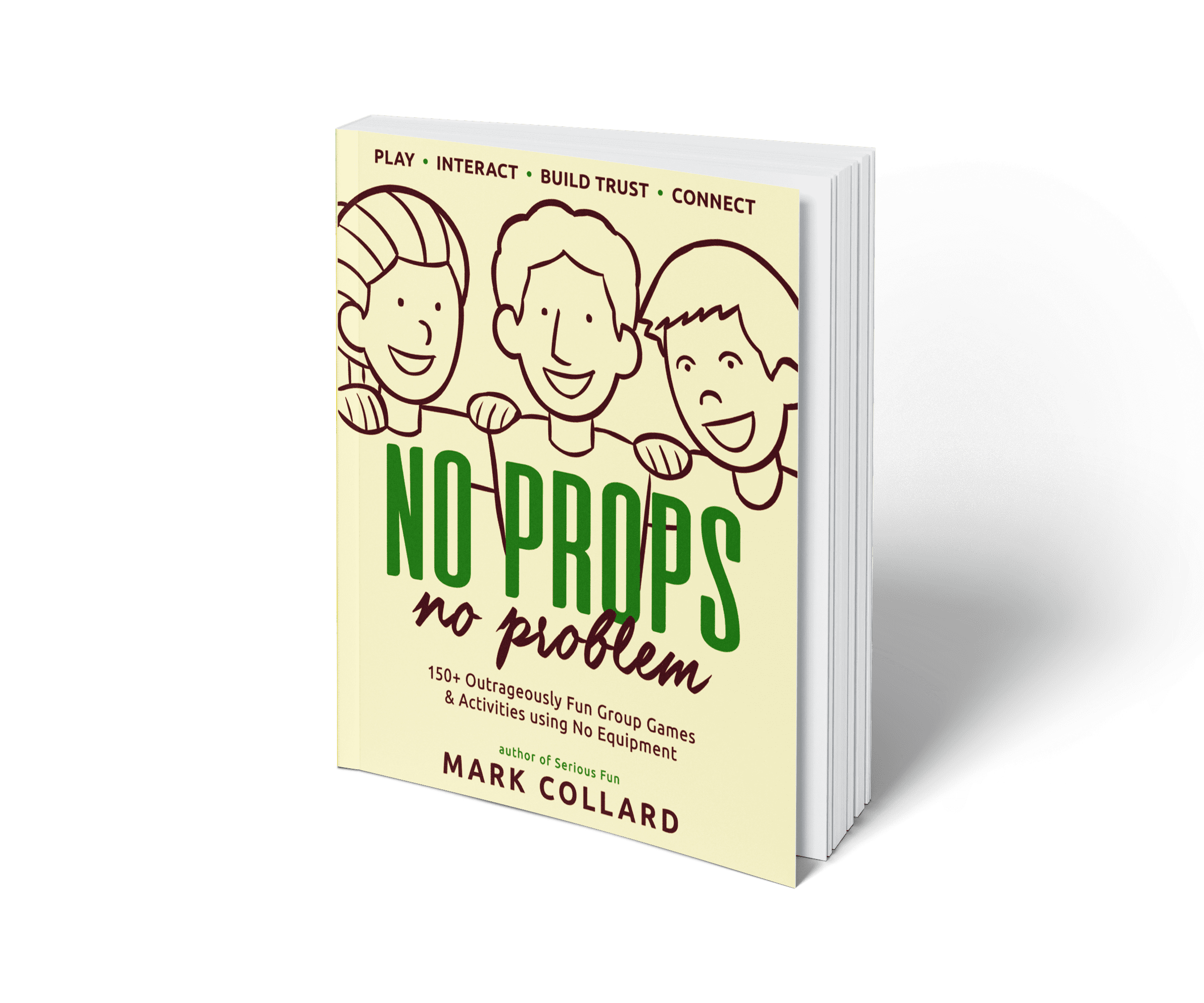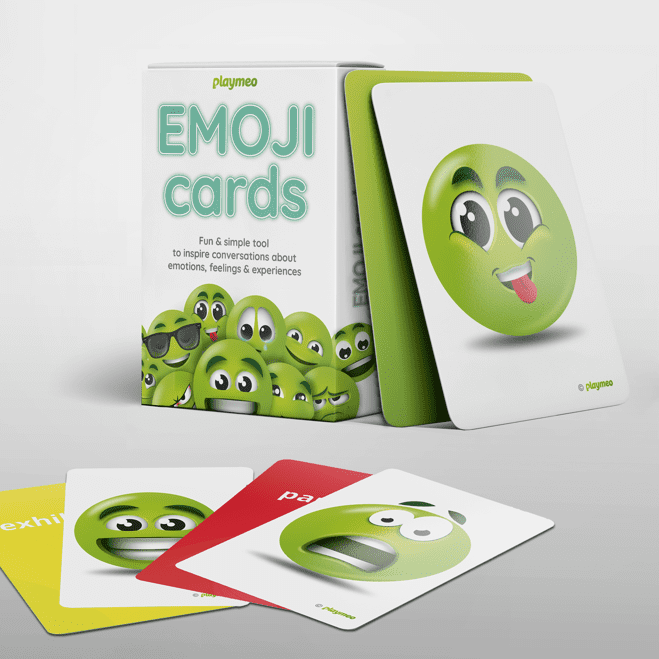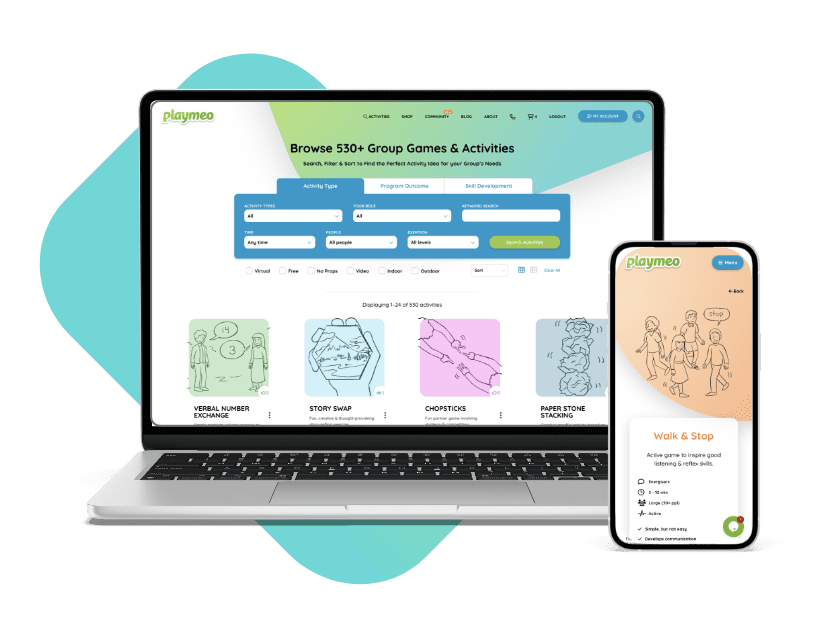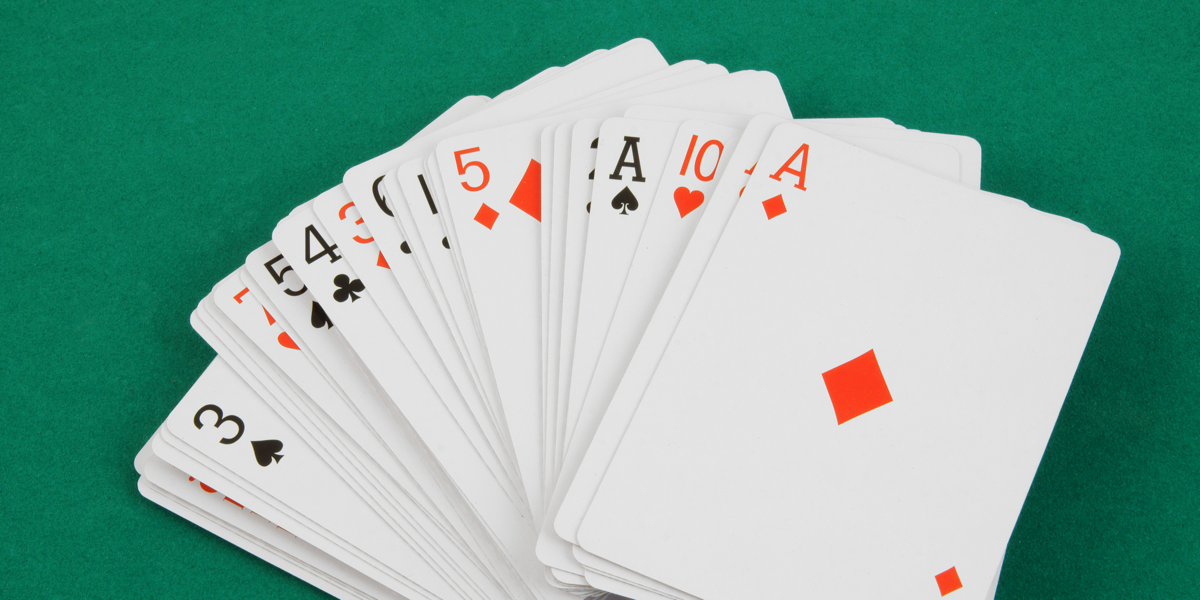Have you wondered – or perhaps even been pushed to explain – why playing group games & activities can be useful?
This post is all about amplifying the benefits of using interactive group games to develop your group’s team skills.
Two-Day Leadership Retreat
This was not my first rodeo. If I’ve delivered one teambuilding program as part of a start-of-year session, I’ve delivered a hundred. Yet, a program I designed and delivered with a co-facilitator (Ellie) in January this year was different.
But first, the similarities.
The group was large, enthusiastic and generally very engaged with the program. Tick.
The two days of interactive group activities were outrageously fun, challenging, and rewarding overall. Tick.
The learning was varied, multi-layered and generally extremely well-received. Again, tick.
This was all good, but the biggest tick was reserved for the end result – without exception, every single participant credited the selection and sequence of activities as the inspiration for this result.
Now, this is not normal. Fun, engagement and high-performance results are expected – BUT, to cite the activities as the cause was astonishing.
It caused me to stop and reflect momentarily on the power of using group games & activities to develop team skills.
Here’s What We Did
Ellie and I delivered about 15 activities (of varying length) during the two-day program. So, you can imagine there was a lot of space dedicated to conversation and discussion.
Talk is cheap, so what mattered most was a clear line of sight between the activities, the reflection topics and – most importantly – their relationship to a set of core behavioural norms (which the client had developed in an earlier program.)
Two of these very clear behavioural norms were an agreement (1) to give & receive feedback and (2) to be honest (or act with integrity.)
Now, let’s be honest. Creating a set of behavioural norms is nothing new. The difference in this program was the singular focus we gave to our client’s core behavioural norms as they were exhibited or demonstrated in the series of activities we presented.
For example, two of the most powerful ‘teambuilding’ activities we led were Verbal Number Exchange and Not a Knot. Boy, oh boy, did these activities land with a thud. Yes, these games are well-loved and frequently presented and extremely engaging. But what mattered most was using these experiences (note, I am not referring to them as games in this context) to highlight the group’s behaviours – the good, the bad and the ugly.
Top Ten Icebreakers & Group Games
Download our free 28-page ebook jam-packed with outrageously fun activity ideas.
How We Practice is How We Play
As I discussed in a recent blog post, the way we practice is how we play, ie how we behave when it really matters.
There is a general feeling that how people behave when playing games is not the same as when they, for example, are working together. Wrong! I’ve never seen this to be true.
In other words, the exact behaviours exhibited by the group during these (playful) experiences mirrored those back in the workplace because it provided a space for these behaviours to be practised. The more we practised, then reflected, and then practised and reflected again, the closer the group got to achieving their desired behaviours and performance.
And I cannot overstate the significance of the group’s behavioural norms to leverage this continuous improvement. Especially their ability to be honest and provide effective feedback to one another. Without this, quite honestly, we would have just been playing games. But, under the watchful eye of their two facilitators, this group was encouraged to lean into their issues and explore what was and was not working in regards to their agreed, shared and conscious behavioural norms.
Because let’s face it, this agreement and skills are what they take back when they return to their workplace. I won’t be there, nor will Ellie. It’s on them.
If we can use a carefully sequenced series of interactive group games and teambuilding activities to highlight the most problematic behaviours, they can see those behaviours that don’t work for them up close and real and can practice doing those that do.
Activities To Create Effective Behavioural Norms
Are these the sort of results you (and your groups) are looking for?
The list of activities that you can use to help groups create their own powerful forms of behavioural norms is many and varied. Indeed, I dedicate a whole chapter to this topic in my book Serious Fun. At their core, there are echoes of the Full Value Contract in them all.
Let me list a few that I use frequently, with great results.
- The Being – by far the most powerful & engaging form of working agreement I know.
- Palm Tree – simple, quick and easy to visualise.
- Five Finger Contract – no props needed, this technique means your group will always have their agreement with them.
- Values Stock Market – a unique exercise that discerns the most productive behaviours and then makes a game of them.
- Ducks in a Row – a fun activity with a set of fun toys that will help your group maintain their focus.
- Island of Healing – ideal context for a deep, self-reflective discussion format.
Tell me, what activities do you enjoy presenting to help groups develop effective behavioural norms?
Leave a comment in the section below.

No Props? No Problem!
Get 150+ no-prop games & activities + exclusive 30-day free trial of playmeo. Scan QR codes to view activity videos, leadership tips, etc.

EMOJI Feeling Cards
50+ cards that portray a range of emotions from happy, sad, angry & confused. Ideal for building emotional literacy skills.

Wow, you’ve been busy!
You can open 1 more
activity for free.
Limit resets every 24 hours
or click below to get unlimited access.











Original post February 2024, last updated February 2024.